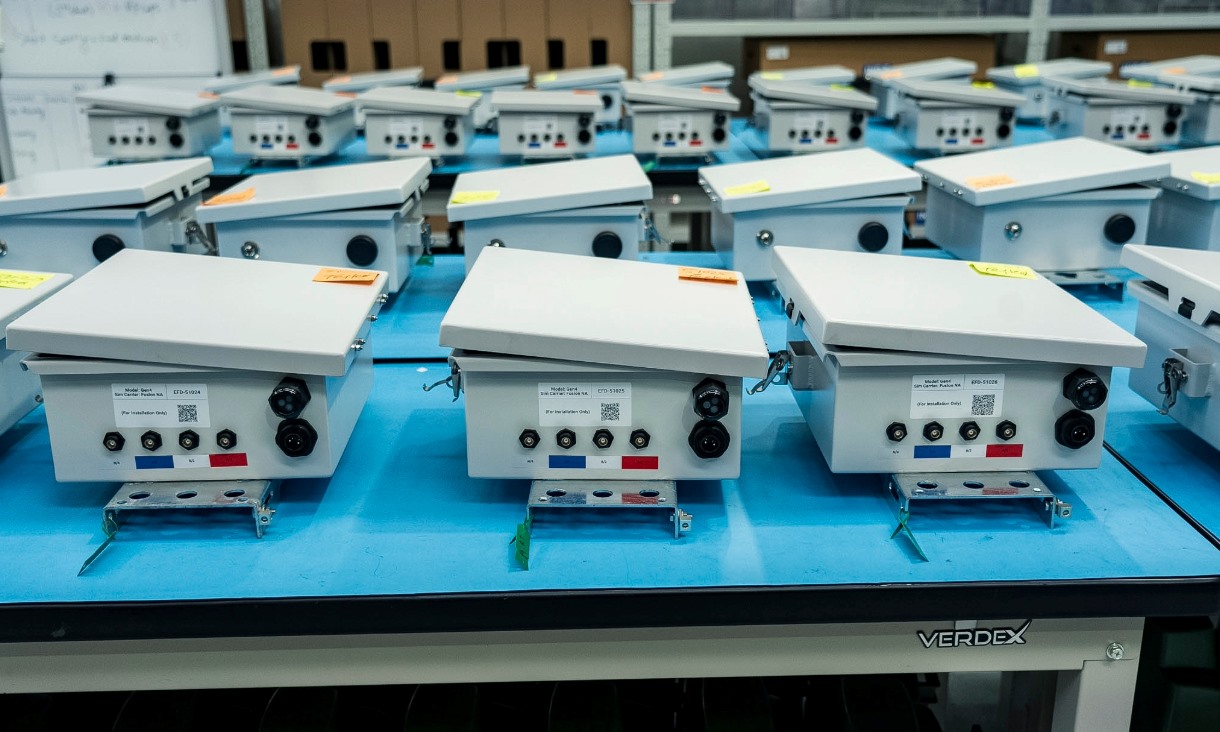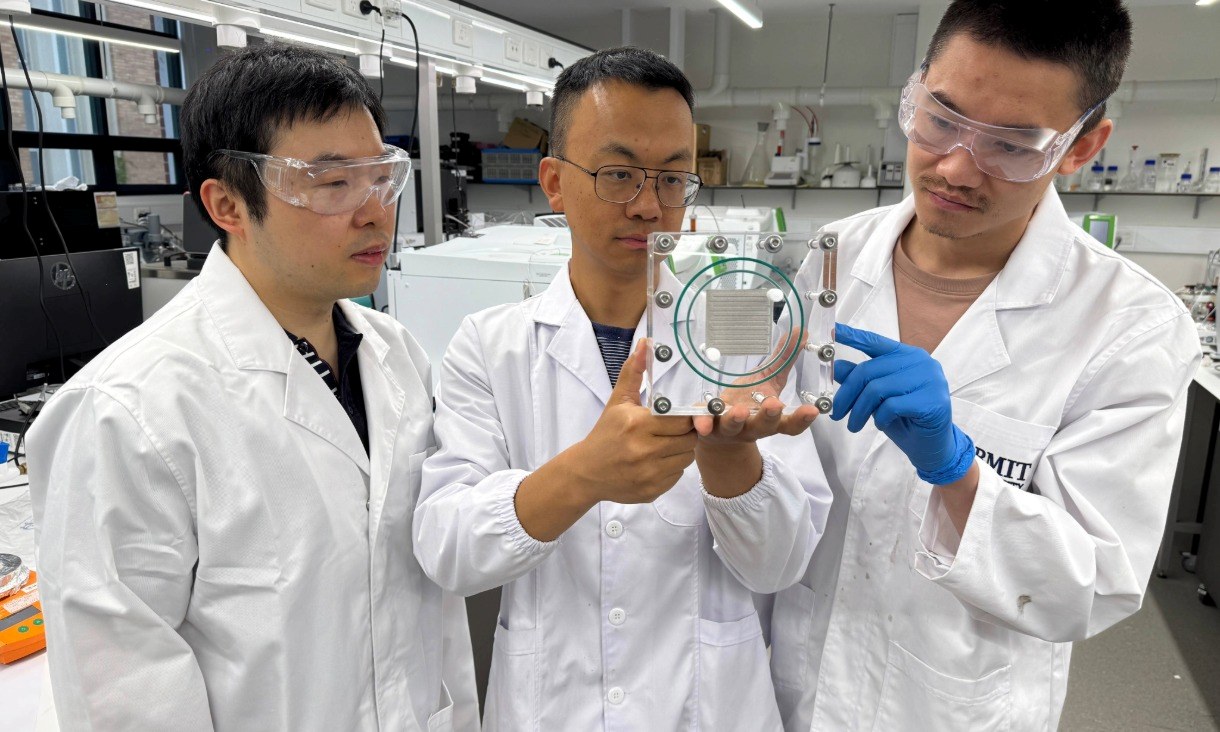Dr Syed Ali, Research Fellow in the School of Engineering
Topics: electric vehicles, EVs, government subsidies
“Cutting EV subsidies could impede sales and cause Australia to lag behind its emissions target by 2030.
“Although two new EVs are being introduced in Australian market at a lower price, the decision to end the subsidies in Victoria could strongly discourage the potential EV buyers.
“At the same time, current EV users are already paying the road user charge, which is a unique cost, only seen in this region.
“Australia still lags behind the US, Europe and China in EV sales.
“Government incentives should not be reduced at least until Australia achieves 40-50% EV uptake, which is currently even less than 10%.”
“EVs and, specifically, their batteries are a new technology essential to significantly reducing the greenhouse gas emissions.
“Some of the most important factors that enhance the EV uptake are the purchase incentives and favourable government policies and it is essential that we use these to encourage their swift uptake.
“For the large proportion of conventional, fuel-based car owners who are not early adopters of new technology, the removal of subsidies could give them another reason not to transition to an EV – or at least, not yet.
“Government should provide the substantial subsidies until the EV uptake in Australia is in line with the other developed countries.
“The Government should also disincentivise the uptake of vehicles with high emissions, such as by increasing penalties and prices.”
“Government should give special incentives for people buying their first EV, like there are incentives for buying the first homes.
“This should also result in a significant expansion of the EV second-hand market that will make these cars affordable for the common person.
“Ideally, we hope the next generation never needs to learn how to put petrol in a car.”
Dr Syed Ali is a Research Fellow in the School of Engineering, RMIT University. He specialises in public transportation electrification, EV drive control, EV battery degradation studies and the impact of EVs on the grid.
***
General media enquiries: RMIT Communications, 0439 704 077 or news@rmit.edu.au







